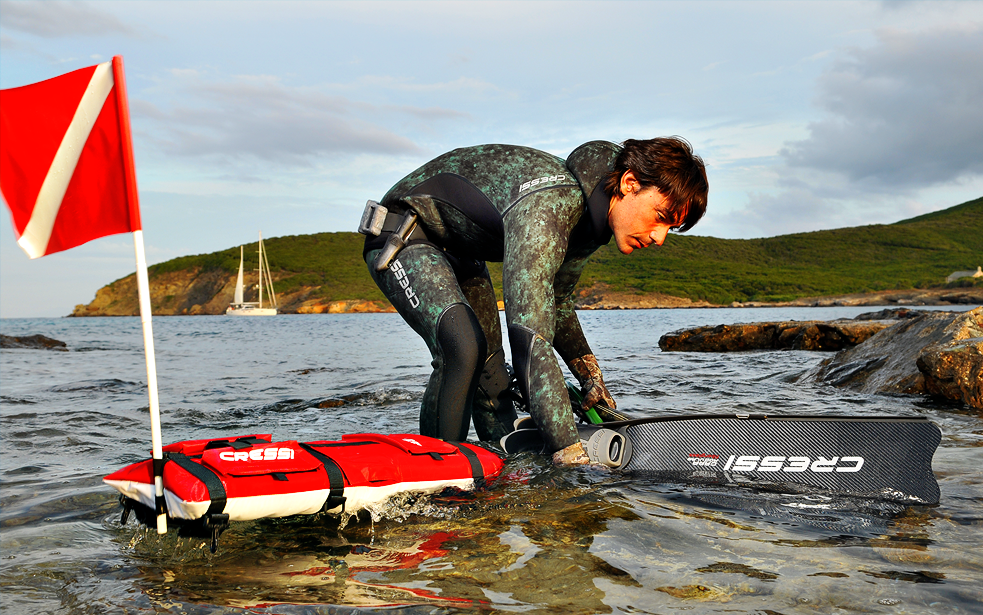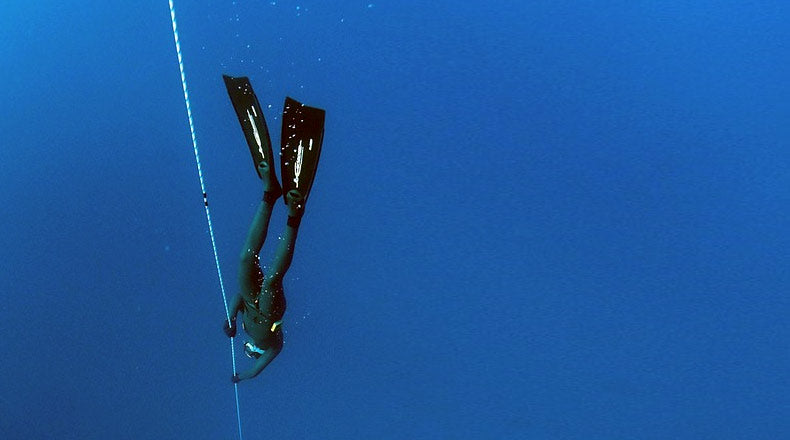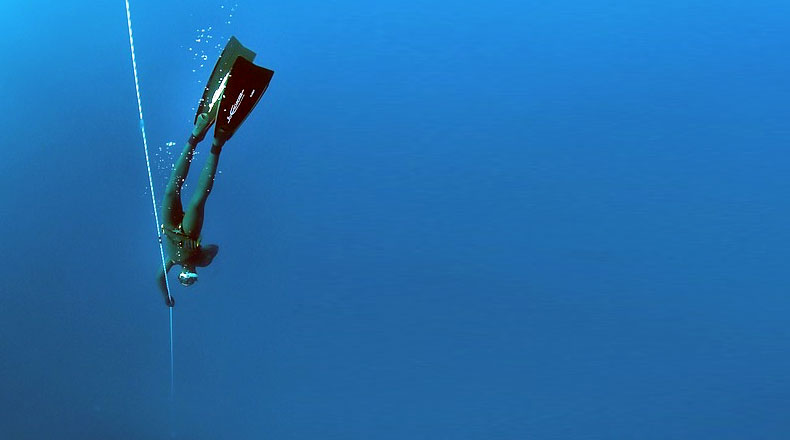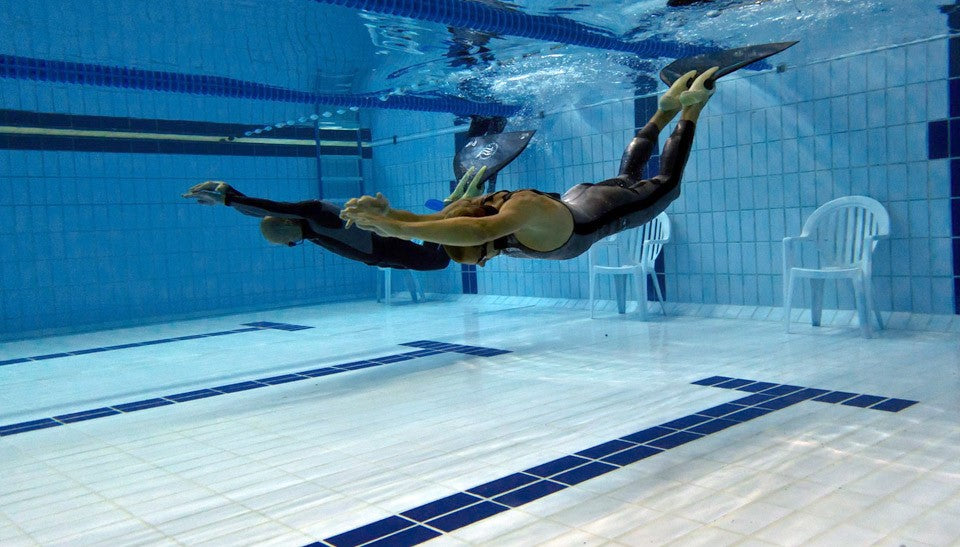10 Basic Safety Rules for Freedivers

If you are a beginner freediver or even just thinking about pursuing the sport, one of the first things you need to learn is how to dive and progress in a way that is safe. After all, there are always risks involved in dropping deep into the ocean, especially when it's done without proper instruction and training on safety procedures. So, to get you started we have gathered a list of rules that you need to follow in order to reduce the chances of an accident due to a physiological problem from improper freediving techniques.
Note, the information below is provided for reference only, and is not a substitute for formal training. We strongly recommended that you complete a freediving course before taking up freediving in any form.
1. Never freedive alone.
- Select an evenly matched partner who will be your safety diver and familiar with the safety and rescue procedures and is able to render assistance if required.
- Dive under direct observation of your dive buddy.
- One up, One Down - Never dive at the same time as your partner.
2. Always create a thorough dive plan and estimate sea conditions.
- Make sure that every diver working on a given dive line, knows exactly what every other diver will be doing throughout the course of the outing. This includes warm-ups, deep dives etc.
- Evaluate the dive site. Know about weather, currents, visibility, water temperature, swell and surface trafic.
3. Never hyperventilate.
- Although hyperventilation can prolong the "easy phase" of the breath-hold, it can also lead to blackout without warning.
- Proper breathe-up normally includes slow, deep ventilation, relaxation and concentration, without anything being overdone.
4. Don’t forget to equalize.
- Equalize early (before you feel any pain in your ears or sinuses) and often.
- Never force an equalization.
- Do not go deeper after a failed equalization - abort the dive!
5. Never dive after a samba or blackout.
- Any category of ‘Loss of Motor Control’ at the end of a dive should indicate the end of diving for that person for that day.
6. Preserve the correct interval between dives.
- Maintain close, direct supervision of your buddy for no less than 30 seconds after he/she surfaces, even if he/she has shown the okay signal.
- Rest twice the duration of your last dive.
- Take at least 5 minutes between deep dives. The purpose of this is to allow gas balances to return to normal.
7. Never dive when tired or cold.
- Cold, tiredness, fever, alcohol, and drugs all impair judgment and breath-hold ability and predispose a diver to blackout.
- Drink lots of water before the freediving session. Dehydration vastly increases the risk of a blackout and severely compounds equalization problems.
- Do not dive hungry, or too full. If you dive right after a meal, a large volume of blood that could be carrying O2 to the brain will be diverted to the digestive system.
- Don’t dive when congested, as it may lead to equalization difficulties and increase the risk of reverse block.
8. Do not dive without adequate rigging and flags.
- If you need to use a buoy to suspend the line, choose a bright one (orange, red or yellow) so that it is easily visible to surface traffic.
- The cover boat should fly the "diver down" flag. It should also be attached to the buoy you plan to take into the water.
- Make sure the buoy is large enough not to be pulled under the surface, even by two divers ascending together. Its purpose is to support the dive line and give the diver on the surface a restful place to prepare for the dive.
- Always stick to the dive line. Never swim past the bottom weight.
9. Never mix freediving and scuba.
- Do not take air from scuba divers.
- Do not freedive right after scuba diving. It is recommended to scuba dive and freedive on separate days.
10. Know yourself.
- Learn to be relaxed, but at the same time in control.
- Trust your body, let it tell you when it’s time to end the dive and come up.




